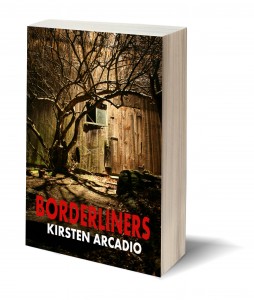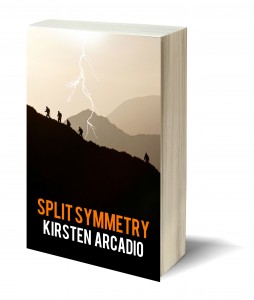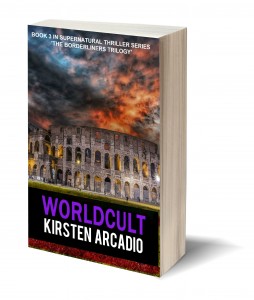‘You ever have that feeling where you’re not sure if you’re awake or still dreaming?’
Still one of my favourite quotes from a film in recent years, and now quite iconic, this quote from The Matrix is central to what inspires me in literature.
The fictive dream
On a creative writing course I completed last year with Faber Academy, the term ‘fictive dream’ was discussed. I loved this because this is what writing is to me: dreaming. It’s also many other things, including communicating with readers in a three dimensional way, and finding solutions to questions which preoccupy me life.
Why do I say writing is communicating in 3D? Well, in the words of Milan Kundera, ‘the reader’s imagination completes the writer’s vision.’ And not in an obvious way. I love that readers take their own impressions of the content I’m writing about, their own interpretations and observations, that they see new things I’d never even imagined in what I write, but which are every bit as relevant to the text as what I’d intended. In fact, more so, as stories are meant for others to interpret in a way which is meaningful to them.
As for finding solutions, again I don’t want to be didactic. I am only interested in working through my own thoughts. Often writing a new story throws up answers to old questions. Characters I’ve created supply the answers at unexpected junctures and it amazes me that these answers are somehow coming from my own mind. Sometimes answers only come out after others have read what I’ve written and seen something I hadn’t.
The question
So what are the questions? Another of my favourite quotes from The Matrix goes like this: ‘It’s the question that brought you here. You know the question, just as I did. Neo.’ This is true of novel writing, for me.
The questions which drive me are varied. The blurred line between illusion and reality is one. A big one. It comes up in Borderliners, beginning with Elena’s vision dreams, which seem to point to future events in the real world and ending with another conundrum which looks at the nature of time itself and the difference between our perception of when events happen and other possibilities therein.
The same idea follows through into my second novel (out later this year), Split Symmetry, which asks: if the possibility of alternate universes posed by quantum mechanics were true, which would be our true reality, and if everything which could happen, does happen somewhere out there, which path is the right one?
Readers, maybe you can help me complete the vision on this one?





